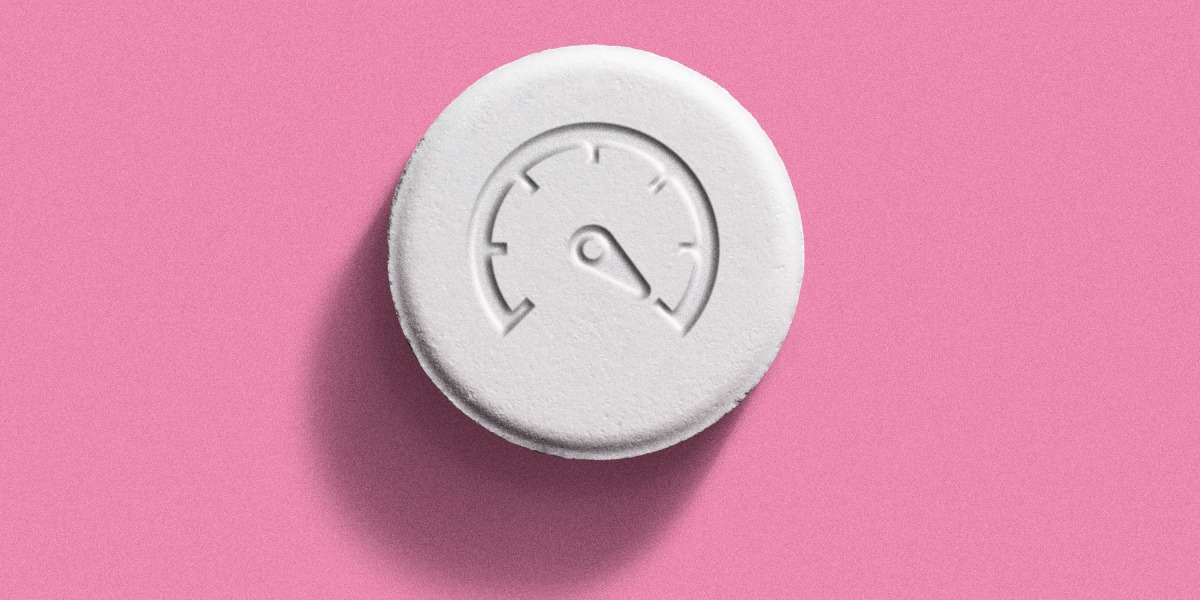- DZTL SciTech
- Posts
- AI is revolutionizing pharma
AI is revolutionizing pharma
How AI is being used to create new drugs and tailor treatments for patients
AI is stepping into the world of pharmaceuticals, and it's making a huge splash! UK-based company Exscientia is leading the charge, using machine learning to create new drugs and match patients with treatments tailored just for them. The technology is already making a real difference. An 82-year-old cancer patient has achieved complete remission thanks to an AI-designed drug.

Image generated with Midjourney
As more and more startups explore how machine learning can help in the pharmaceutical industry, AI-designed drugs are starting to enter clinical trials. The goal is simple: make drug discovery faster and cheaper by predicting how a drug will behave in the body and getting rid of compounds that won't work before they even leave the computer. This could save loads of time usually spent on lab work. In fact, around two dozen AI-assisted drugs are now in or entering clinical trials.
AI is shaking things up in the drug development process by tackling some of the biggest challenges, like picking the right target in the body, designing the right molecule to interact with it, and figuring out which patients will benefit the most. With machine learning, we can use tons of data to create complex models that help predict drug behavior in the body. This means researchers can carry out early experiments virtually, without even leaving their desks!
Big-name pharmaceutical companies like AstraZeneca are getting in on the AI action, making it a key part of their drug development process. AI has helped identify new drug targets, but it may still take years for these drugs to enter clinical trials. While AI can't replace human testing, it's definitely changing the game when it comes to how drugs are made.
Companies like Generate Biomedicines, Absci, and Apriori Bio are also harnessing the power of AI to tackle the tricky business of drug design. Verseon, another trailblazing company, is using AI to explore previously untapped biological and chemical structures that could become the ingredients for future drugs.
Simulation and machine learning are helping researchers skip some of the more tedious parts of traditional drug design processes. Instead of creating batches of molecules and testing each one, companies can now start with a list of desired characteristics and use AI to create molecules with those properties more efficiently.
While AI can't speed up clinical trials, it can help reduce the time and cost involved in searching for new drug candidates, which means promising candidates can reach clinical trials faster. And, with better targeting of patients, the trial process can be improved - just like Exscientia's matchmaking technology shows!
Exscientia is also working on incorporating patient data into the earliest stages of drug development to train even better AI. While the first batch of AI-designed drugs is still undergoing clinical trials, there's no doubt that drug design has changed forever. Get ready for a new era of pharmaceuticals, because AI is here to stay!

